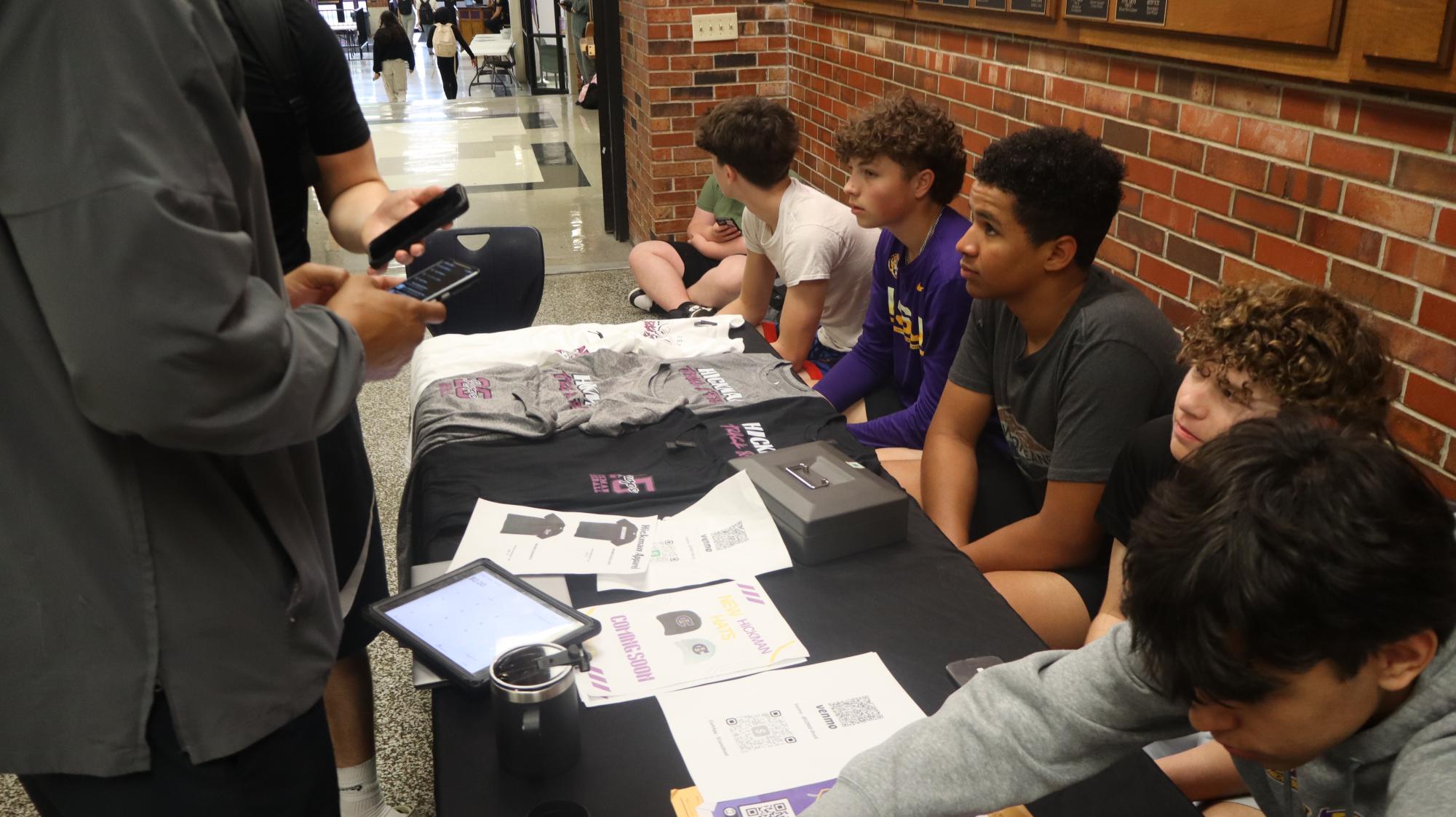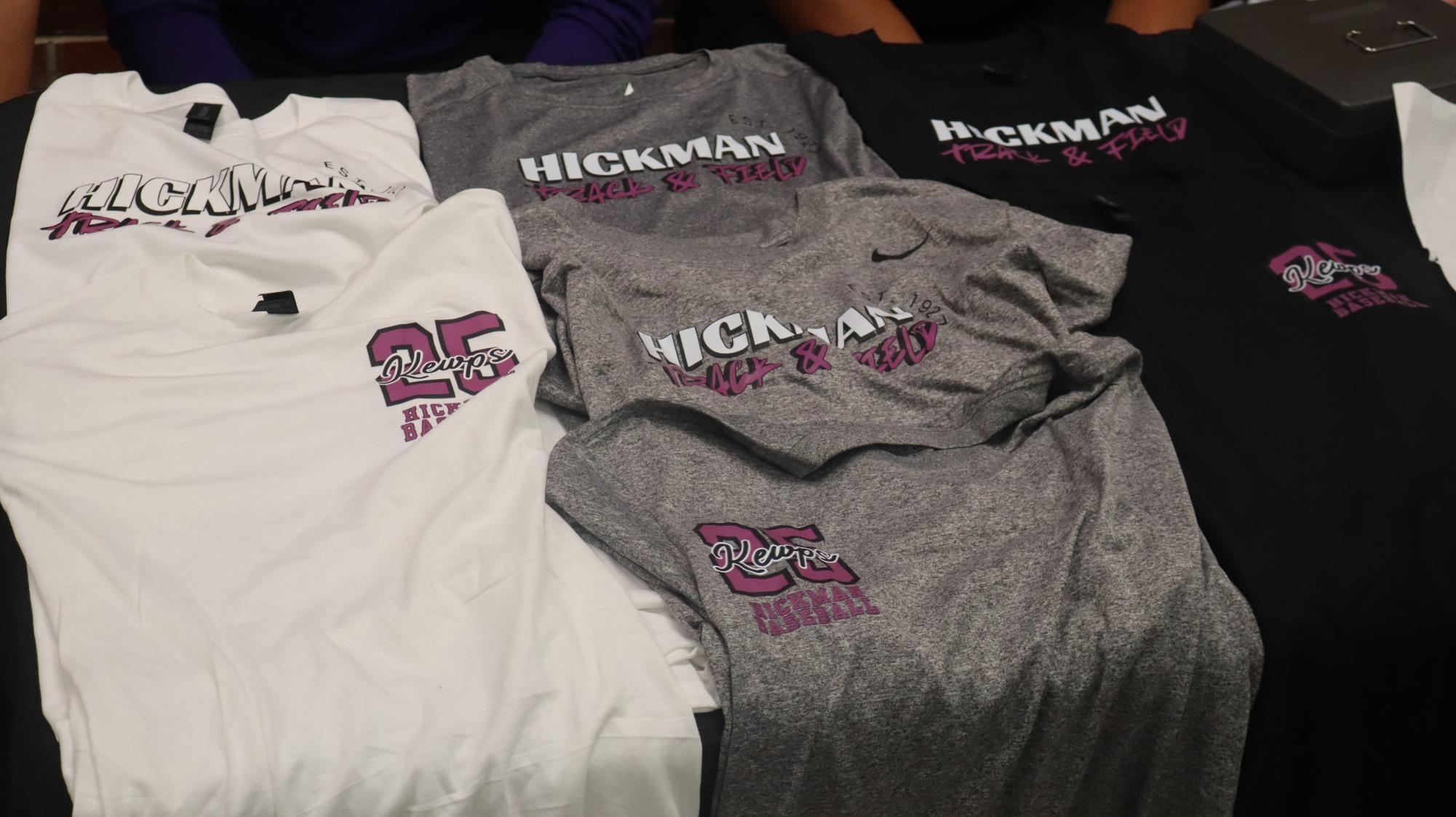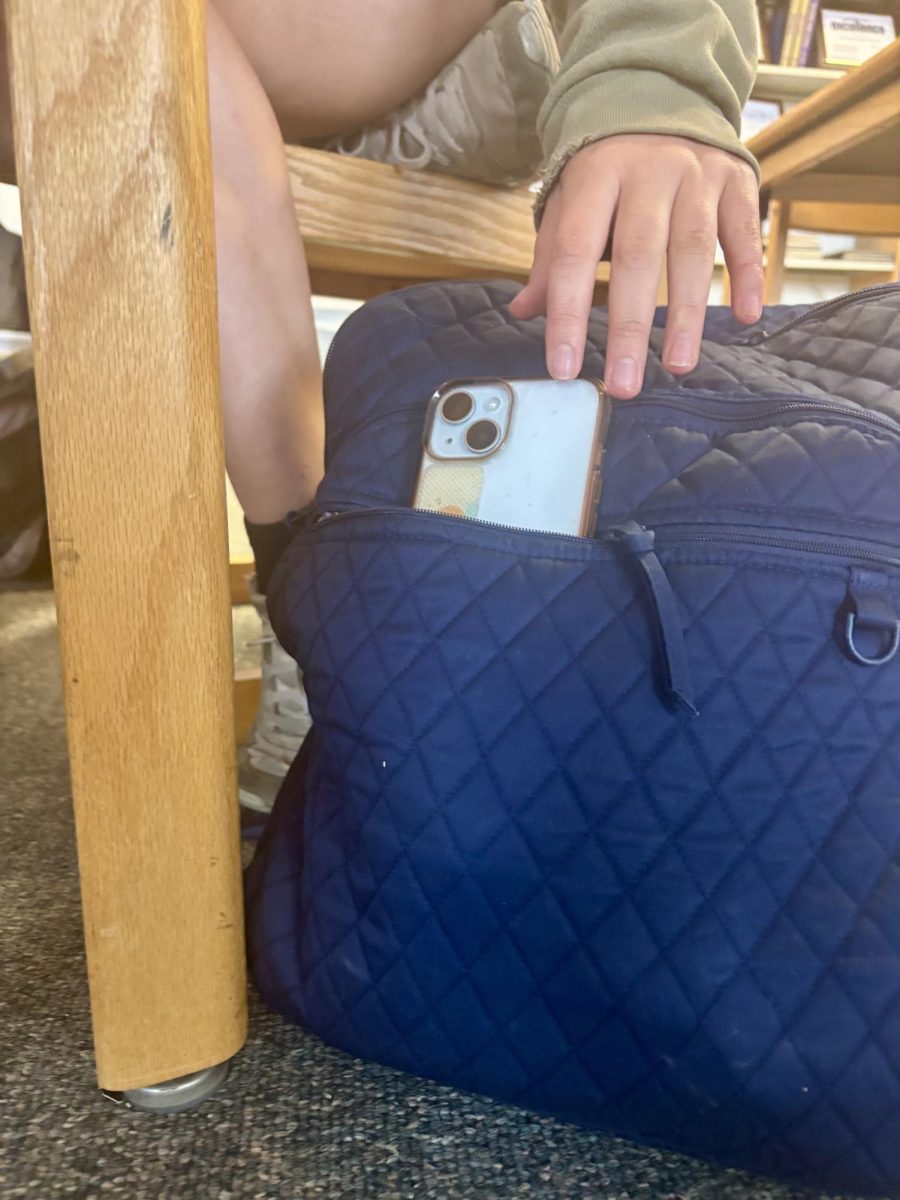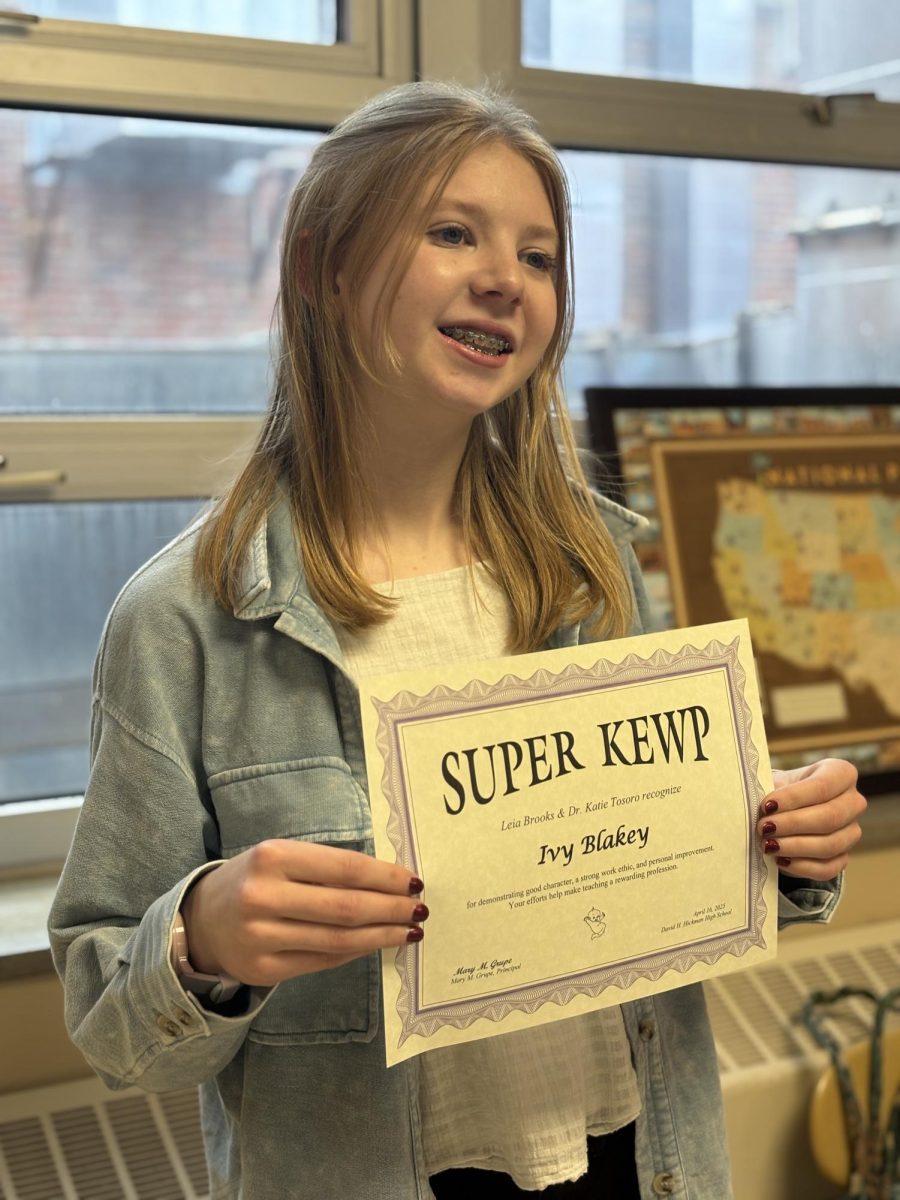When signing up for classes and looking down the course catalog, Hickman basketball coach Cray Logan’s Business Principles class jumps out for any student interested in the field. But, Business Principles isn’t a normal class; it shies away from the usual class dynamic of putting a large emphasis on teaching textbook content to note-taking students.
“I don’t like to spend too much time on that, especially with a class like this. I’d rather [the class] be a lot more hands-on…I really do allow [the students] to decide what they want to do, and then I critique it from there,” Logan said.
As opposed to teaching basic curriculum, Logan allows his students to start their own business, provides them with the tools they need and takes a backseat.

“I’ve tried to position myself in a role [that] is more or less like an investor…a little bit like Shark Tank…every ste
p of the way, they kind of have to provide me with some proof that they’re going to make money, knowing that I’m going to be the investor,” Logan said.
The unorthodox style of the class keeps students more involved, knowing that they are running a functional business. Chase Adair (10) takes the business principles class, and this semester has started a business that sells Hickman athletics apparel.
“[The class] is different than most regular classes and even [then], most other electives because it really resembles real-world activities. We are actively learning and adapting in the business making process, [and] Coach Logan teaches us the fundamentals for us to apply to our work. It requires creativity, adaptability, and effort in order to be successful in the process,” Chase said.
Jacob Wright (10) is running a business that makes Hickman stickers and bracelets. Jacob has enjoyed the class structure and the differences from a typical Hickman class.
“This class is different from other classes because you have a lot of freedom and you can use your creativity to open up a business of your choice,” Jacob said.

Logan also teaches personal finance, a mandatory class that follows the traditional class approach, and by teaching business principles, he has seen different things from students.
“There [have] been a lot of students who, based [on] what I’ve seen, are not as interested, engaged, or captivated by the traditional classroom, and I’ve seen a lot of those students be able to operate a lot better in [this classroom] environment,” Logan said.
Thomas Tye (10) partners with Chase on their apparel business, and like his fellow classmates, he has enjoyed the class, with an appeal towards the responsibility the class holds.
“[The class] is different because of the freedoms that we have, but also the responsibility. We are in charge of our own success, and if we want to make money, it’s on us and we can work for it and make a profit that we get to keep [for] ourselves,” Thomas said.






